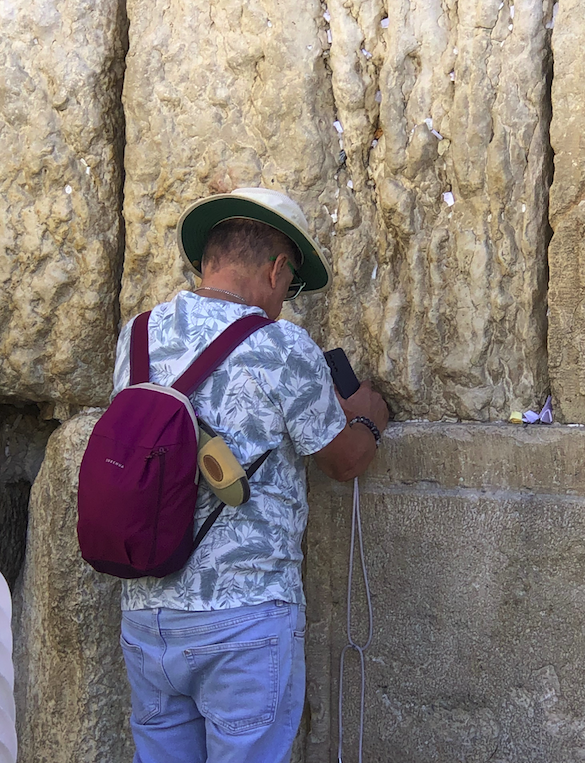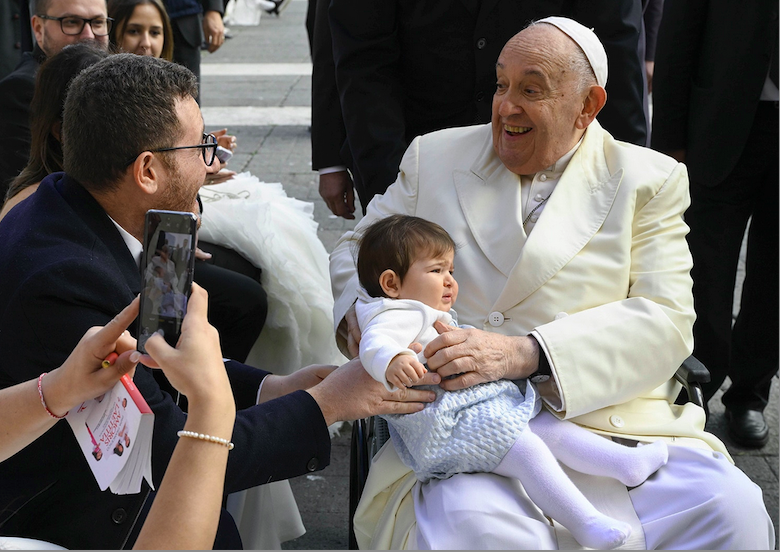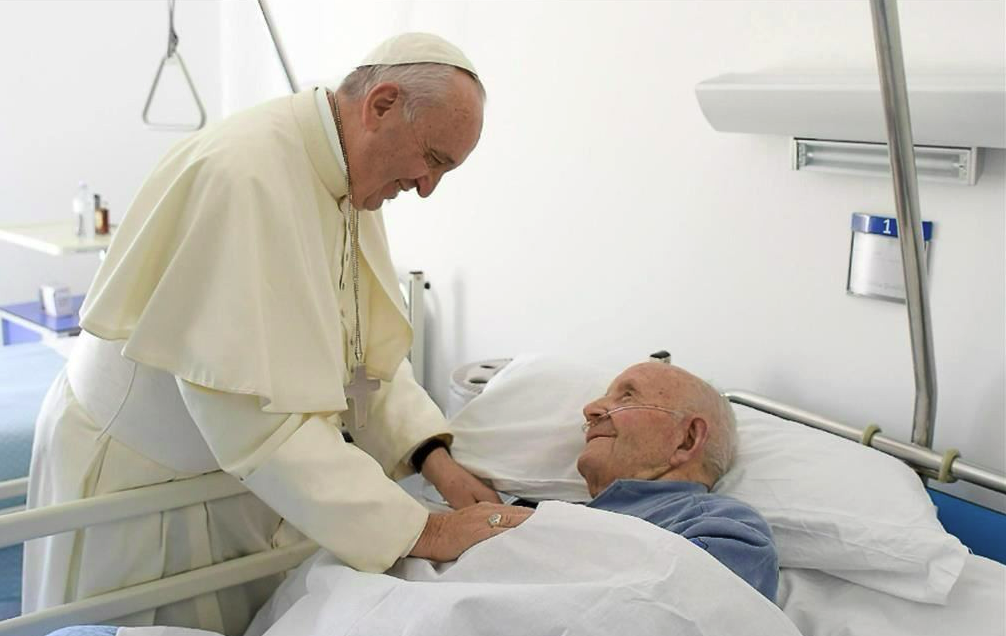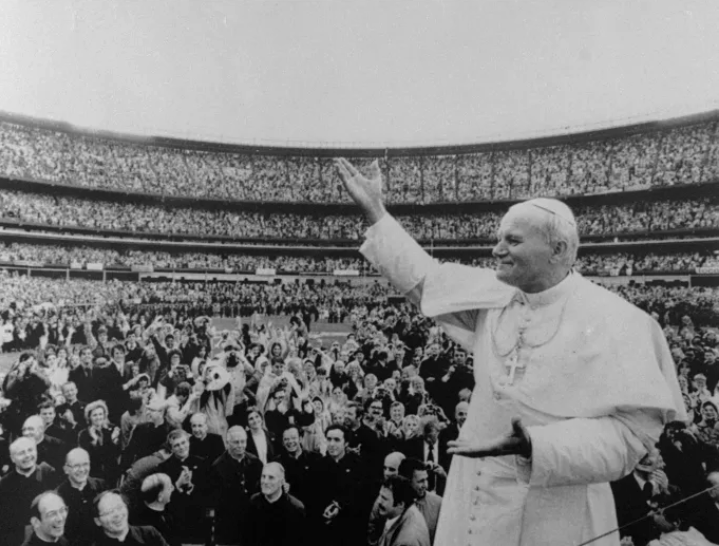These reflections are a result of more than 40 years of ministry as a Roman Catholic priest. Most of these years I spent in the Diocese of Charlotte which covers Western North Carolina. Now I am retired, and live in Medellín, Colombia where I continue to serve as a priest in the Archdiocese of Medellín.

When the people in the synagogue heard this, they were all filled with fury. They rose up, drove him out of the town, and led him to the brow of the hill on which their town had been built, to hurl him down headlong. But he passed through the midst of them and went away. (Lk 4:24-30)
https://bible.usccb.org/bible/readings/032425.cfm
When Jesus goes to his hometown synagogue and begins preaching about God intervening on behalf of foreigners, his local townsfolk want to kill him. Sounds a lot like what’s happening today. Hatred of foreigners, hatred of immigrants, never get the Jesus seal of approval.

When the LORD saw him coming over to look at it more closely, God called out to him from the bush, "Moses! Moses!” He answered, “Here I am.” God said, “Come no nearer! Remove the sandals from your feet, for the place where you stand is holy ground. I am the God of your fathers, “ he continued, “the God of Abraham, the God of Isaac, the God of Jacob.” Moses hid his face, for he was afraid to look at God. (Ex 3:1-8a, 13-15)
https://bible.usccb.org/bible/readings/032325-YearC.cfm
The Burning Bush, Holy Ground, Let My People Go. The story of salvation is powerful revelation. God continues to call us to the mission of setting people free.

Coming to his senses he thought, 'How many of my father's hired workers have more than enough food to eat, but here am I, dying from hunger. I shall get up and go to my father and I shall say to him, "Father, I have sinned against heaven and against you. I no longer deserve to be called your son; treat me as you would treat one of your hired workers."' (Lk 15:1-3, 11-32)
https://bible.usccb.org/bible/readings/032225.cfm
The younger son doesn’t understand anything. He thinks he can simply earn his own keep. But the father will hear none of that and has to gently remind him, “You are and always will be my son.” As Pope Francis reminds us, "God loves us with a father’s love" https://youtu.be/gOcBNnNbMyo?si=qgVD4MvBb5yKNX2c.

Jesus said to them, "Did you never read in the Scriptures: The stone that the builders rejected has become the cornerstone; by the Lord has this been done, and it is wonderful in our eyes?" (Mt 21:33-43, 45-56)
https://bible.usccb.org/bible/readings/032125.cfm
This quote from Psalm 118 is key to understanding the Scandal of the Cross and the Resurrection. The One the world rejects is the One chosen by God. We continue to pray for Pope Francis and for all who are in need of healing.

There was a rich man who dressed in purple garments and fine linen and dined sumptuously each day. And lying at his door was a poor man named Lazarus, covered with sores, who would gladly have eaten his fill of the scraps that fell from the rich man's table. Dogs even used to come and lick his sores. When the poor man died, he was carried away by angels to the bosom of Abraham. The rich man also died and was buried. (Lk 16:19-31)
https://bible.usccb.org/bible/readings/032025.cfm
And so begins one of the most terrifying of all the parables of Jesus. Pope Saint John Paul II preached this parable in his first pastoral visit to the United States in October 1979, and was roundly condemned by some Catholics for daring to preach it. https://www.vatican.va/content/john-paul-ii/en/homilies/1979/documents/hf_jp-ii_hom_19791002_usa-new-york.html We still haven’t learned the lesson.



